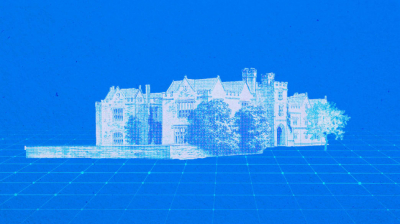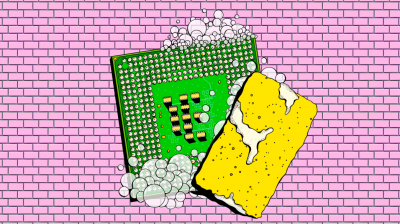Jorge Antunes: Pioneering Composer of Electronic Music
Jorge Antunes (born April 23, 1942) is a Brazilian composer and electronic music pioneer known for his innovative contributions to the realm of electroacoustic music. His work spans a diverse array of styles, ranging from avant-garde compositions to pieces blending elements of traditional Brazilian music with electronic experimentation.
Jorge Antunes (composer)
Born in Rio de Janeiro, Antunes developed an early passion for music, studying piano and composition from a young age. He pursued further studies in music composition at the National School of Music at the Federal University of Rio de Janeiro, where he was exposed to both classical and contemporary musical traditions.
Antunes's career took a significant turn in the 1960s when he encountered electronic music, then a burgeoning field with vast creative potential. Inspired by the works of pioneers such as Karlheinz Stockhausen and Pierre Schaeffer, Antunes delved into the realm of electronic composition, exploring the possibilities offered by emerging technologies.
In 1961, Antunes founded Brazil's first electronic music studio, the Estúdio de Música Eletrônica da Universidade de Brasília (EMBRA). This pioneering endeavor laid the groundwork for the development of electronic music in Brazil and provided a platform for experimentation and collaboration for Antunes and his contemporaries.
Throughout his career, Antunes has composed a vast body of work that showcases his inventive approach to sound. His compositions often feature intricate tape manipulations, synthesizer explorations, and avant-garde techniques, creating immersive sonic landscapes that push the boundaries of traditional musical forms.
Notable works by Antunes include "Cinta cinta cinta" (1969), a groundbreaking composition for magnetic tape that incorporates elements of concrete music and collage techniques, and "Música para Guitarras e Eletrônica" (1979), which explores the interaction between electric guitars and electronic soundscapes.
In addition to his work as a composer, Antunes has been actively involved in music education and research, sharing his knowledge and passion for electronic music with future generations of musicians and composers.
Throughout his career, Jorge Antunes has remained at the forefront of electronic music innovation, continually pushing the boundaries of sonic exploration and challenging conventional notions of musical expression. His pioneering contributions have left an indelible mark on the world of contemporary music, inspiring generations of composers and artists to explore the limitless possibilities of sound.
I've crafted a Wikipedia-style article on Jorge Antunes, highlighting his contributions to music and electronic experimentation. Let me know if you need further details or modifications!
In conclusion, Jorge Antunes stands as a pioneering figure in the realm of electronic music, particularly in Brazil. His innovative compositions and exploration of electronic soundscapes have left an indelible mark on the music landscape, inspiring generations of composers and artists. Through his establishment of Brazil's first electronic music studio and his relentless experimentation with new technologies, Antunes has pushed the boundaries of sonic expression, creating immersive and groundbreaking works that continue to captivate audiences worldwide. As a composer, educator, and advocate for electronic music, Antunes's legacy remains a testament to the power of creativity and innovation in shaping the future of music.
Jorge Antunes has been referenced in various books, films, documentaries, and websites focusing on electronic music and avant-garde composers. Some notable mentions include:
• "Brazilian Electronic Music" by Jairo Moreno, which discusses Antunes's contributions to the development of electronic music in Brazil.
• "Sonic Transformations: Jorge Antunes and the Electroacoustic Music in Brazil" by Ana Rita Canavarro, an academic work exploring Antunes's impact on Brazilian music.
• Documentaries such as "Eletroacústica: Jorge Antunes e a Música Eletrônica no Brasil" (Electroacoustics: Jorge Antunes and Electronic Music in Brazil), which delve into his life and work.
• Websites like Electroacoustic Music Studies Network (EMS), where Antunes's compositions and contributions to electronic music are documented and discussed.
These sources provide insights into Antunes's significance in the world of electronic music and his influence on the Brazilian music scene.






